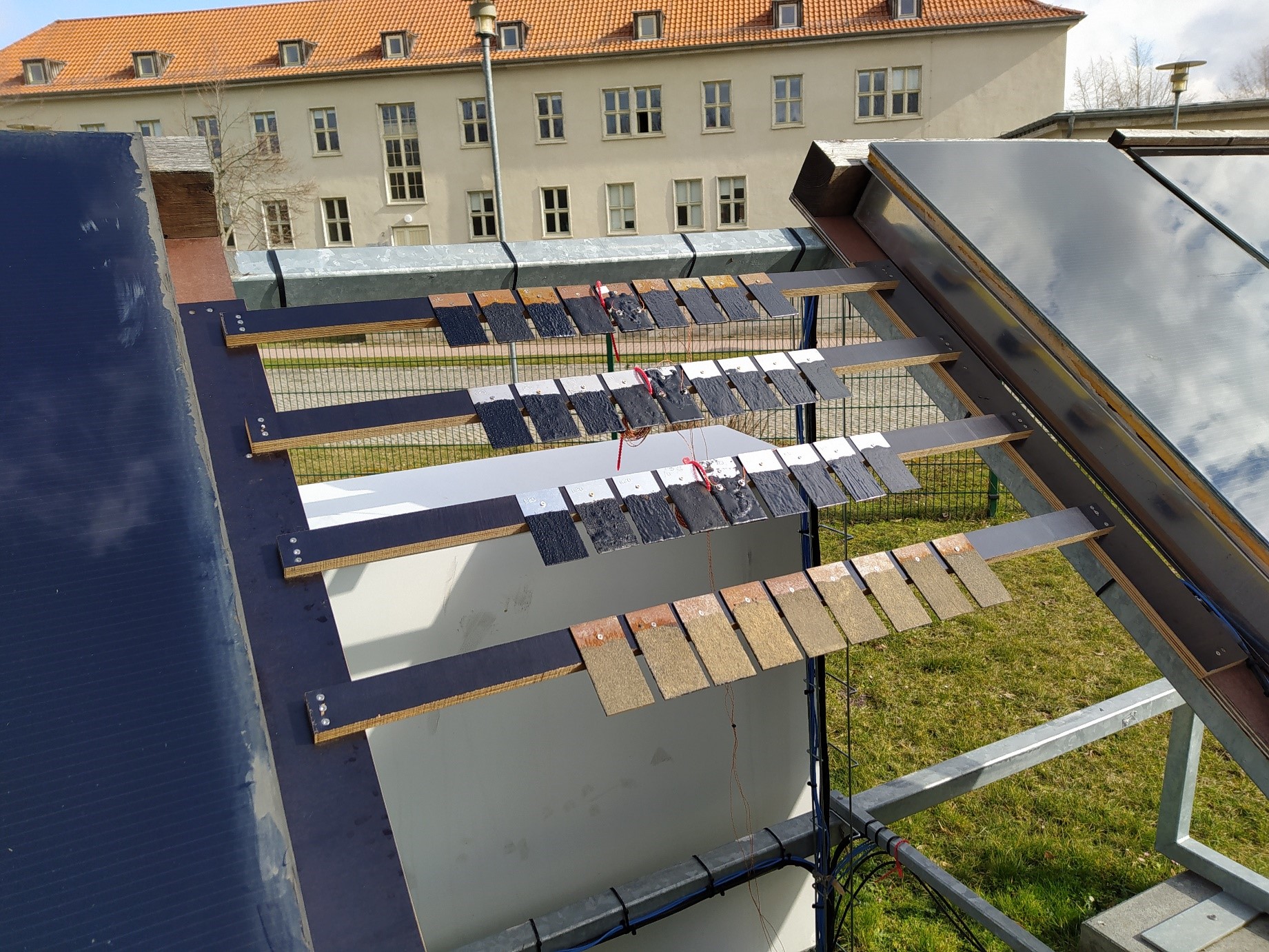Bitumen-based coating systems have many different uses, such as sealing pipes and tanks, for example. However, as petrochemical materials, they perform poorly in environmental balance and they also contain non-biodegradable surfactants. The research project “BeStKat – Multifunctional coating system based on cationic surfactants consisting of vegetable oil,” saw the development of the first partially biogenic coating systems that could be used for the same purposes as bitumen. Rather than fossil fuels, these new systems rely on vegetable oils and functionalized lignin. The researchers are hoping that their solution will not only be more environmentally sustainable, but will also offer a coating system that has a wider range of properties and will be easier to work with.
BeStKat – Multifunctional coating system based on cationic surfactants made from vegetable oil

New biogenic cationic surfactants
It is in this context that Fraunhofer CBP has created a new synthesis of biogenic cationic surfactants, in which a cationic group is introduced into largely non-polar epoxidized oleic acid methyl ester by means of a reaction with betaine. The researchers used contact angle measurements to confirm the surfactant properties of the new molecule.
To make the coating system even more biogenic, they also added lignin to the mix. The lignin was chemically functionalized with carboxyl groups to enable more effective binding in the mixture. The concentration of the carboxyl groups was demonstrably increased from 1 to 2 mmol/g lignin through oxidation.
Acid- and alkali-resistant coatings with improved properties
Having worked with and tested a wide variety of coating systems in demonstrators, Fraunhofer IMWS has been able to produce ligin-based coatings that are more stable when exposed to acids and alkalis than the reference coating. When weathered, the reference coating showed dripping at surface temperatures of up to around 40°C, whereas the coatings with lignin remained stable. This indicates that the lignin has been bound within the bitumen emulsion, which prevents dripping. Furthermore, adding lignin increased the hydrophilic properties of the coating emulsion, making the coating easier to work with and improving surface wetting.
Outlook
Overall, the new coating system showed better physical and chemical properties than the conventional system. After conducting life cycle assessment, the team will assess and test out the possibility of scaling the process with its project partner. The coating system could then be used for applications such as coating heat storage tanks and pipes or for abrasion-resistant coatings on conveyor belts. Other possible fields of application include the energy sector, machine and tool building, and transport technology.
Project information
Project title
BeStKat – Multifunctional coating system based on cationic surfactants made from vegetable oil
Project duration
January 2019 – December 2021
Project partners
- Bausion Straßenbau-Produkte GmbH
- Fraunhofer Center for Chemical-Biotechnological Processes CBP, Leuna
- Fraunhofer Institute for Microstructure of Materials and Systems IMWS, Halle (Coordination)
Funding
We would like to thank the state Saxony-Anhalt and Investitionsbank of the state Saxony-Anhalt (IB LSA) for funding the project "BeStKat".

 Fraunhofer Center for Chemical-Biotechnological Processes CBP
Fraunhofer Center for Chemical-Biotechnological Processes CBP